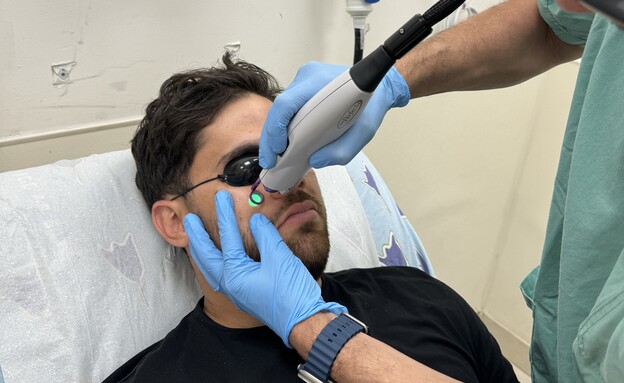When it comes to scars, the first thing that usually comes to mind is their aesthetic impact. In today’s society where appearance is highly valued, this can be particularly concerning. However, as the president of the world’s largest scar conference, I have observed how scarred individuals are treated globally. While there may be a respectful attitude towards scars in Israel, people may still ask questions which can be triggering for those who have been injured. Scars can serve as a reminder of trauma and can significantly affect a person’s mental and emotional well-being.
It’s important to note that scars can have both physical and emotional effects, and there are different types of scars that can result from trauma, injuries, operations or accidents. Some scars can be symptomatic and cause functional difficulties and even pain. Scars can have a profound impact on a person’s quality of life, affecting their mental health, social interactions and even job opportunities. Treating scars is not just about improving appearance but also addressing the emotional and psychological impact of the trauma.
Recent data shows that the rehabilitation department of the Ministry of Defense has seen an influx of about 7,000 new wounded individuals since October 7. Coming to terms with scars and undergoing rehabilitation can be challenging for those who have been injured both physically and emotionally. Treating scars is a complex process requiring a multidisciplinary approach to achieve the best possible outcome. Advancements in technology and innovations in scar treatment have revolutionized the way scars are treated today with options such as laser treatments, drugs, silicone-based products available to improve their appearance characteristics. The field of regenerative medicine also holds promise for future wound healing without leaving scars behind potentially offering new ways to restore wounds without leaving any trace behind. Ultimately, treating scars requires comprehensive care that addresses both physical and emotional aspects of an individual’s condition while caring for their whole person not just their physical wound



